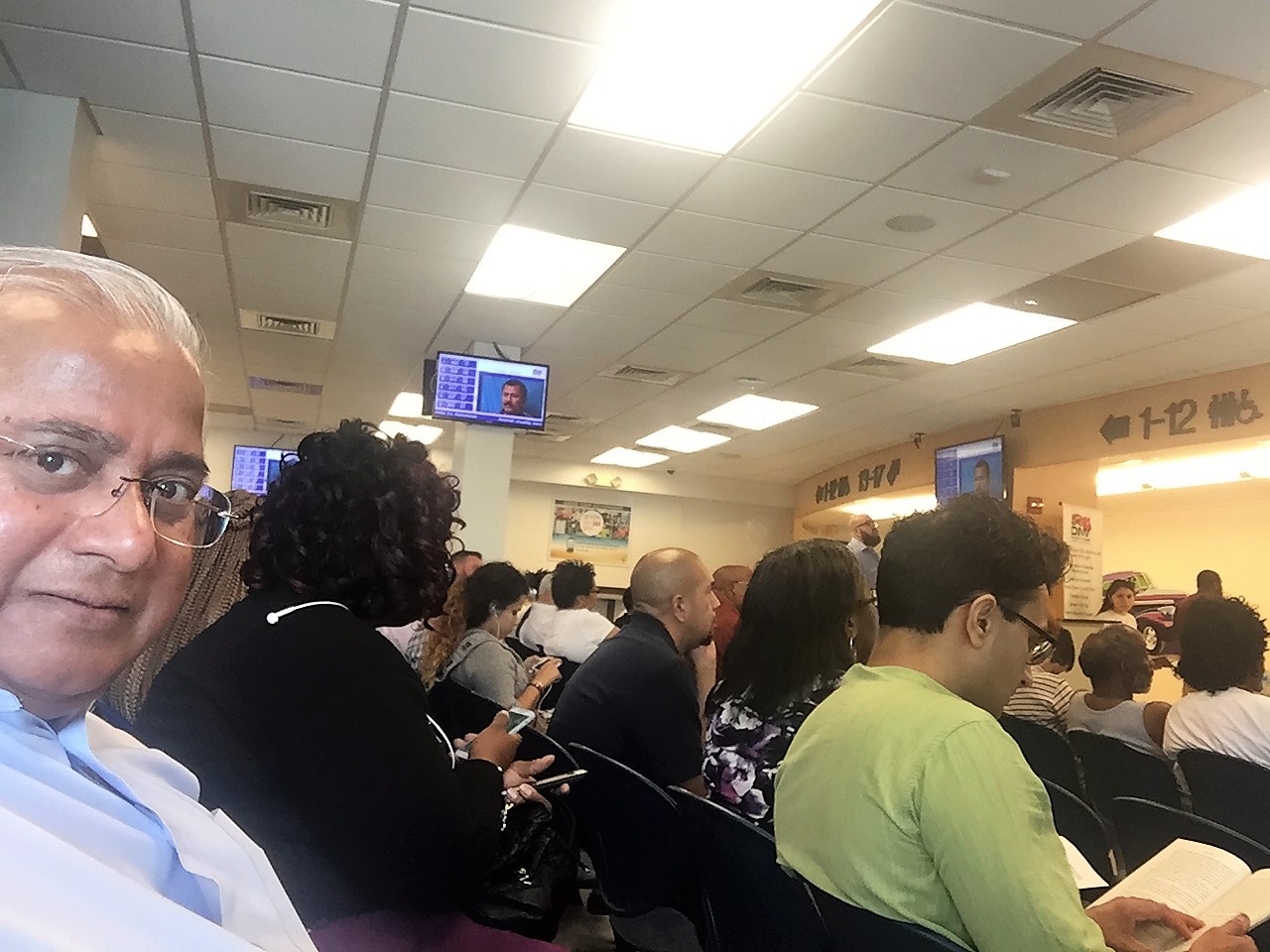
http://nabsites.net/demo/day-18-of-ramadan-2011/
Thursday, August 18, 2011 | Ramadan 18, 1432
Sahri (Pre-dawn meal at home): Oatmeal and Fruits
Iftaar (refreshments): Dates, Fruits, punch and water
Iftaar (Dinner): Salad, Rice, Broiled Fish and Halwa (Sweetened Lentil Paste)
Culture: Interfaith Dinner- Christians, Sikhs, Jews, Hindus and others
11 PICTURES AT: http://www.flickr.com/photos/mikeghouse/sets/72157627474310570/show/
………………………………….. …
Alhamdu Lillah, all praises to the creator for blessing the world with diversity. I am pleased to highlight the uniqueness of each tradition on a daily basis and I hope we can cherish it. If you think of sharing your Ramadan experience, time is to start now.
The Richardson Mosque has been in the forefront of dealing with a majority of issues since bombing of the Federal building in Oklahoma. This mosque has been a community center for the people of Dallas/Fort Worth fro nearly thirty years. The community has grown in size and we have nearly 30 Mosques and Mussallas (Temp) in the area.
Dr. Imam Yusuf Zia Kavakci has been a pillar of this mosque for over 20 years; the mosque opened its door in the early 80’s. We are blessed to have his wisdom; he is recognized as one of the 500 Muslim scholars around the world.
He and I have had several beautiful interfaith moments over the years and I hope to put them all in the upcoming book. He is also one of the first Imams that we have encountered who wore three piece suits, no beard and no head gear. But over the last several years, he has started wearing the cloak, beard and the cap. He has gone through quite a lot of media scrutiny after 9/11 and particularly in 2003. We had organized a group of 30 people into a group called MRRT, Muslim Rapid Response team to deal with the media and we had over 50 letters published that year in the Dallas Morning News. It was a rough time.
It was also the first time in a US Mosque history that Hindu prayers were chanted along with others and thank God, except one or two Muslims most were gracious. The fingers of course were pointing at me. I have been in just about every place of worship including the Native Americans, but frequently in the Hindu Temples and a few had repeatedly said to me that Muslims don’t invite them to the Mosques and few even wrote in one of my groups; Dallas Indians, that they will not be allowed in a Mosque, that is a myth and perhaps is true in a few places in Asia, but it is not common. So I extended the invitation to ten with a personal note to a few, unfortunately they all had commitments. Next time, I had make the time to call.
Like most things of life, we have to verbalize our intentions. God knows it, but verbalizing defines our intentions. It is a common practice in all faiths, God wants you to ask him. and how to frame the asking was a full sermon on the American Family Radio, they were promoting a book on the topic. Those who are skeptics can ask a psychologist, he or she would perhaps say that verbalizing clears the dust and brings clarity to oneself; a big relief indeed.
“O Allah! For you I have fasted, and with what You give me I break my fast.”
Mike Ghouse is a speaker, writer and a thinker nurturing the pluralistic values of Islam. More at: http://www.mikeghouse.net/MuslimSpeaker.MikeGhouse.asp
…………………………….
MESSAGE: http://ramadanexclusive.blogspot.com/2011/07/ramadan-message.html
POLITICS OF RAMADAN: http://nabsites.net/demo/politics-of-ramadan-on-moon-sighting/
…………………………….
Iftaar – Sunset Meal as a conclusion of the fast.
Sawm – fasting from sunrise to sunset – No food, no water, no nothing and no intake of any food or water. More critically it is a practice to abstain from ill-will, malice, anger, temptations and human desires. Don’t hear, see, speak or act less than goodness.
Rituals – There are several variations in rituals and they vary from place to place. In Bangalore where I am from, the whole family gets up early around 4:00 AM and together cook extensive meals for Sahri /Suhoor, while others choose to cook earlier night and just warm it up and eat in the morning. The Iftaar is done elaborately at mosques, homes or other gatherings where friends from different faiths are invited to break bread and nurture goodwill.
Prayers – The ritual Muslim prayers involve several postures… I will update the details before the end of Ramadan.

